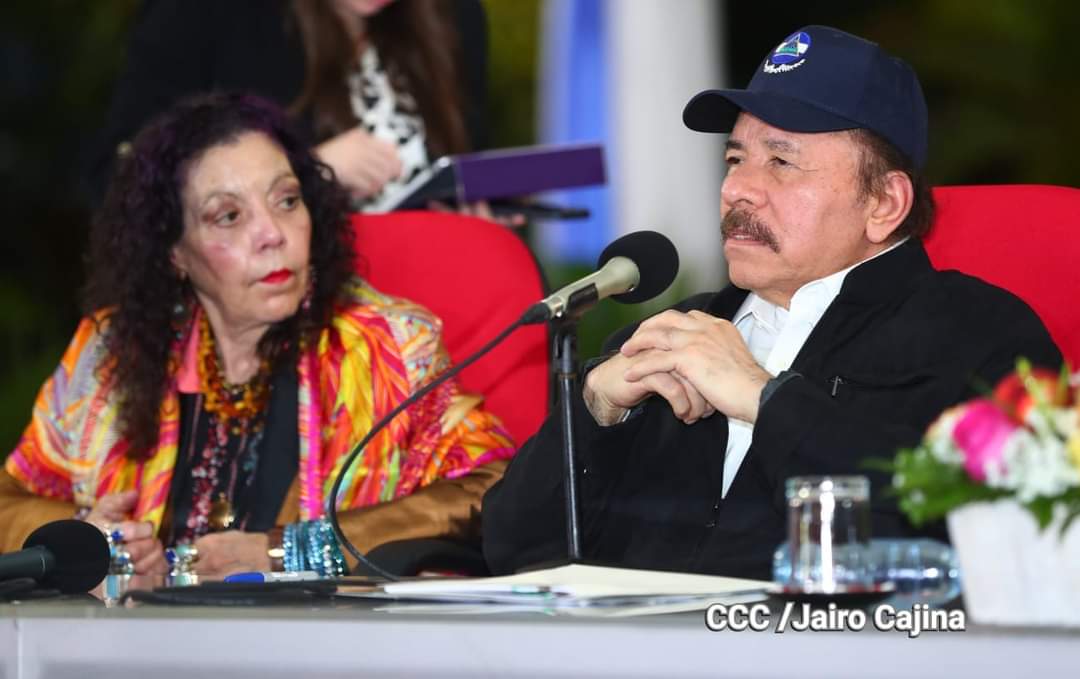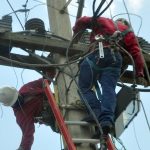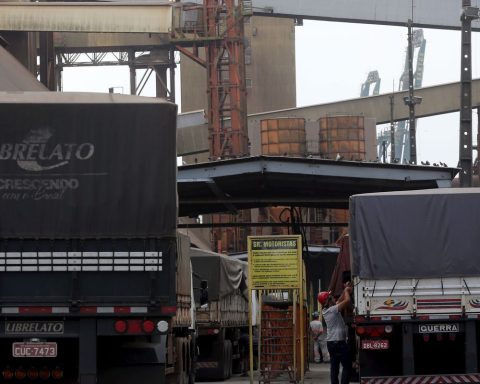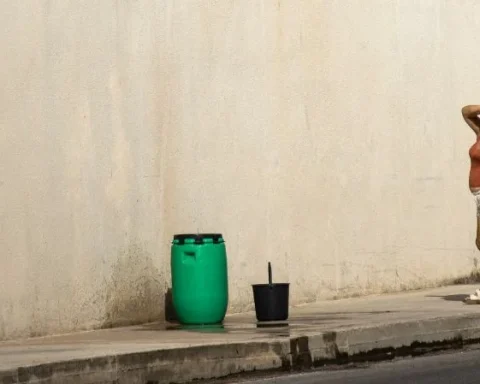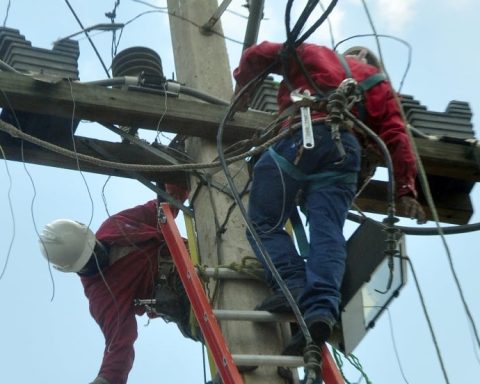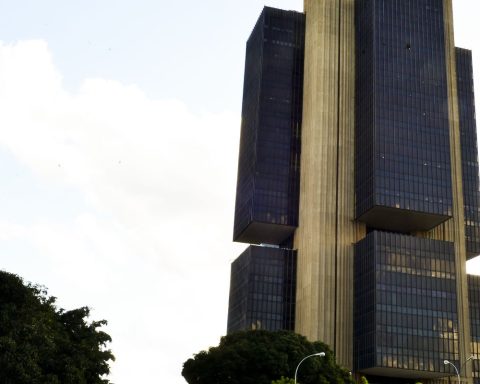Nicaragua’s credit rating, located at B-, with a “positive outlook”, the lowest that exists according to the risk rating agency Fitch Ratings, will not be improved while the country lives under the dictatorship of Daniel Ortega and Rosario Murillo, and that will bring negative consequences, valued the economist in exile Douglas Castro.
For the economic analyst, the task that the Ortega-Murillo dictatorship will have to face, if it wants to get out of the classification considered “garbage”, in terms of credit risks, is very difficult for them, precisely “because it is a dictatorship”. and they do not observe the democratic principles necessary to resolve the country’s lack of credibility in terms of its ability to honor its international debts.
“The dictatorship will have to face the fundamental problems that have caused the decrease in its rating. This includes the implementation of reforms that improve political stability, the business climate and the reduction of indebtedness”, explains the economist. Likewise, adds the analyst, “they have to diversify their sources of external financing and reduce their dependence on remittances, which is extremely difficult.”
Related news: Nicaragua continues to be a risk country for international credits, qualifies agency Fitch Ratings
For Castro, the democratization of the country is essential “because political instability, as well as international isolation and economic sanctions, will hardly find a solution while the country lives under a dictatorship as radical as that of Ortega and Murillo.”
Likewise, the economist warned the country’s financial authorities not to take a low international credit rating lightly, as this could result in “an increase in the cost of borrowing, because investors will demand a higher risk premium to lend money to a country like Nicaragua with such a low rating.”
Related news: Japan oxygenates the Nicaraguan regime with a loan for “economic development”
Furthermore, that low rating “may deter foreign investors, because it indicates a higher risk of debt default. It could also have a negative impact on the value of the córdoba and cause greater uncertainty,” he noted.
In addition, according to Castro, “consumer confidence could be negatively affected, which could further hinder economic growth.”
